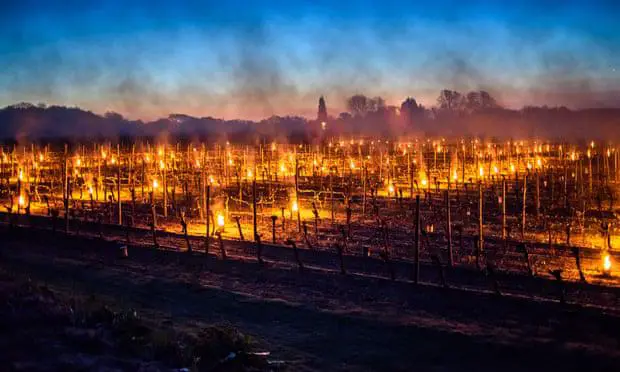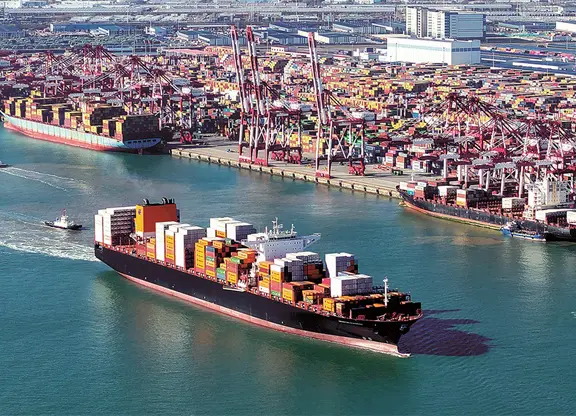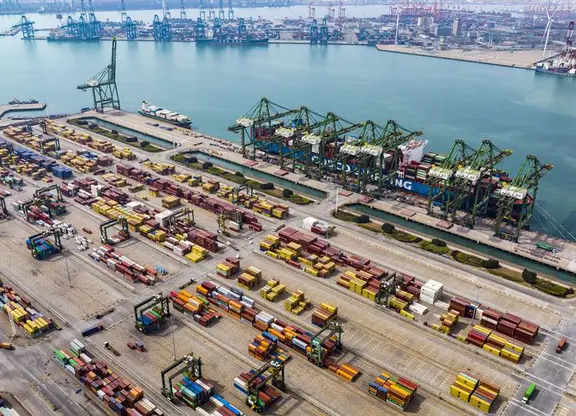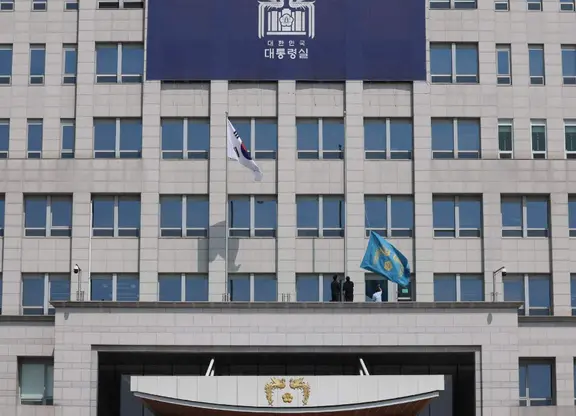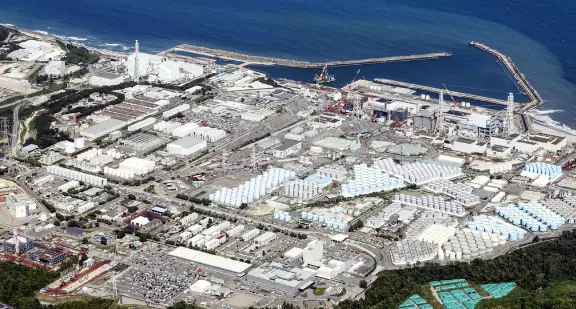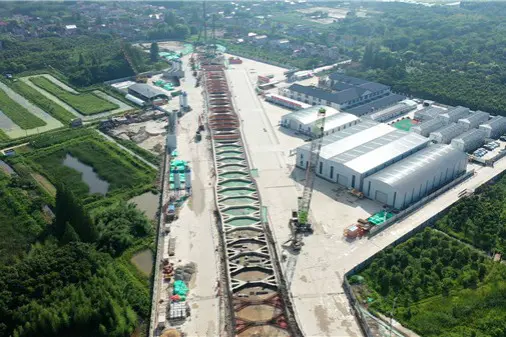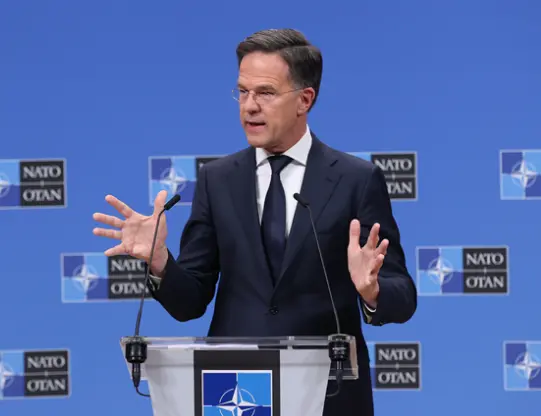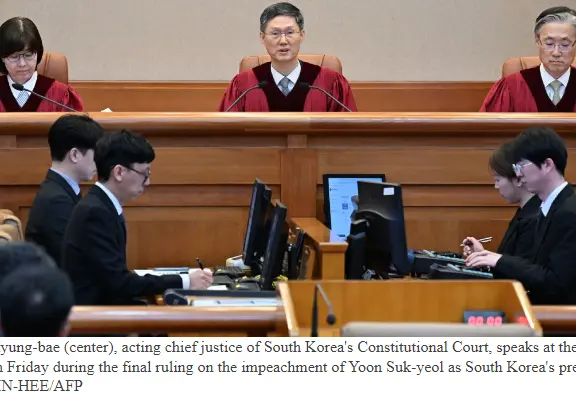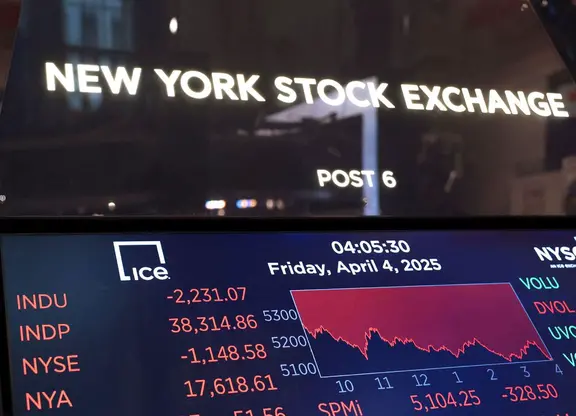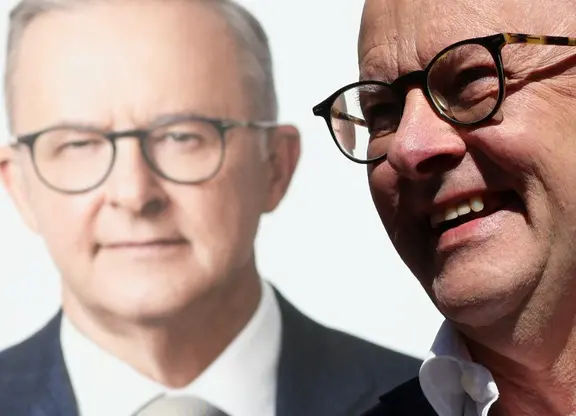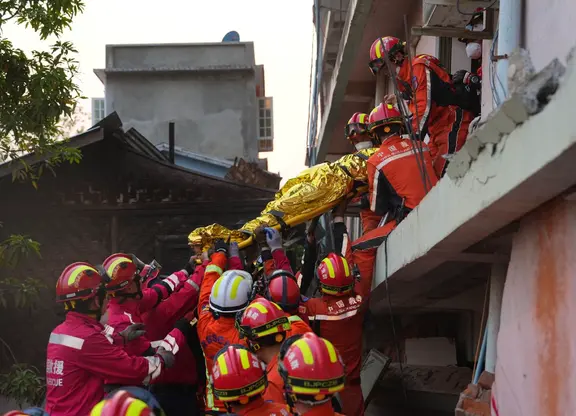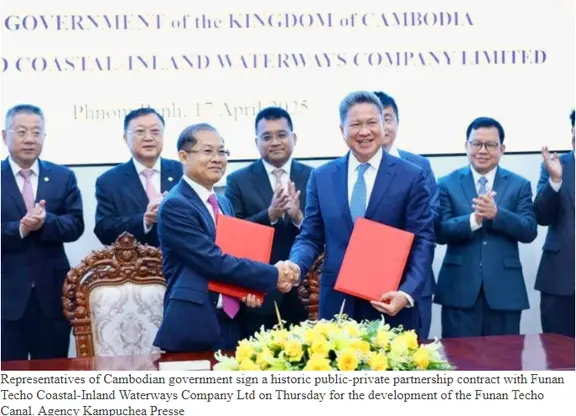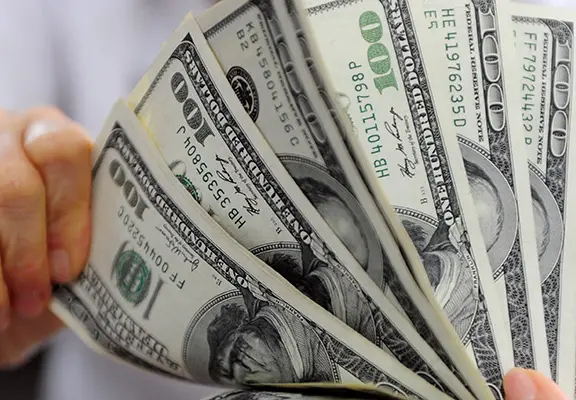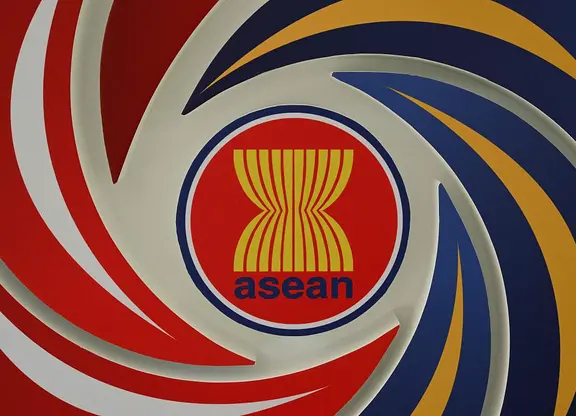On chilly mornings in the next few months, the vines of the Ridgeview WineEstate in East Sussex will be illuminated by the flickering glow of a thousand flames.
Paraffin wax candles in pots, known as bougies , protect budding vines from frost, one of the hazards of wine-making in the English climate.
Challenges such as inclement weather are among the reasons that no English vineyard hadbeen named the world’s best producer in nearly half a century of the prestigious International Wine & Spirit Competition, the Oscars of wine.
Until this year, that is, when the sparkling wine specialist Ridgeview became the first English winner in 49 years, emerging triumphant over far more illustrious names such as Lanson of France and South Africa’s Spier.
On the fringes of the South Downs north of Brighton, Ridgeview is nestled in a verdant basin with a warm microclimate, protected by the hills from the worst of the weather fronts sweeping in from the sea.
On a crisp December day, however, as steely-grey clouds darken the sky, it seems an unlikely location for some of the world’s best wine.
FacebookTwitterPinterest
The Ridgeview sparkling wine served to China’s President Xi Jinping during his state visit. Photograph: Carl Court/Getty Images
Ridgeview’s chief executive, Tamara Roberts, says the award has “opened people’s eyes to the quality that’s coming out of England, because you don’t get awards like this if you’re not making really good wines”. The triumph was particularly poignant, arriving on the fourth anniversary of the death of Mike Roberts, Tamara’s father and the vineyard’s founder.
His legacy at Ridgeview is a business with an authentic family feel. His wife, Christine, remains a director, Tamara runs the business and her brother Simon is the head winemaker. Both of their spouses, Mardi and another Simon, hold senior positions, and four boys aged between 10 and 13 are potential heirs to the cellar keys.
A family ethos helps the business to train its sights on the sort of dynastic history that centuries-old wine regions already possess. “We’re not looking to make vast sums of money very quickly and generations ahead may find the business more profitable than we currently do,” she says.
Ridgeview plans to double its output to 600,000 bottles a year by building a new winery in 2019, and if the future holds many more long blazing summers such as 2018, they’ll need it. This year’s bumper harvest yielded 560 tonnes of grapes, compared with 300 tonnes from the same acreage last year, and all of it of fantastic quality.
Head winemaker Simon thinks that for all of the difficulties faced by English winemakers, they enjoy the advantage of being neither an old world nor a new world region.The Roberts family have long stuck to the belief that they could not only make wine, but mix it with the best producers in the world.
“We took a lot of knocks. People were disparaging, disbelieving, had made a decision about the wine before even tasting it,” Tamara says. “But it was always our aim to compete against champagne, to sell in the top restaurants and so on.”
Since the IWSC award, distributors from Germany, Belgium, Italy and Ireland have inquired about adding Ridgeview to their roster. The US, Scandinavia, the Netherlands, Japan and China are already important markets.
Scepticism has lingered in the domestic market, however, even though other countries have woken up to the quality of English wines. Ridgeview’s Bloomsbury wine sells in Waitrose and the vineyard makes an own-brand sparkling version for Marks & Spencer, but it wasn’t always that way.
FacebookTwitterPinterest
Emerging leaf buds need to be protected from frost damage. Photograph: Julia Claxton/Barcroft Images
“One of the biggest problems the English industry has had is lack of availability [in the domestic market]. A lot of people have not had a taste of it because it wasn’t in Tesco or the local offie,” Tamara says. “So it’s easy to say that it’s rubbish and, don’t get me wrong, English wine was rubbish for a while. But it has changed and you won’t turn people’s opinions round in a generation.”
All appears rosy in the garden at the moment, but Tamara would like more help from the government, which tends to see wine as one of the few alcohol types that can be heavily taxed – at £2.77 a bottle - without too much of an outcry. “We employ huge numbers more, and more skilled people, than a farm does. We’re generating employment and we get zero support back,” Tamara says.
Ridgeview and its peers could do with proper funding to boost wine tourism, she says, promoting regions such as Sussex – less than an hour’s train ride from London – as a venue for the sort of vineyard tours that thrive in New Zealand, France and Argentina. “There is huge potential here. And who knows in five to 10 years time how large this region will be.”
(THE GUARDIAN)
 简体中文
简体中文

